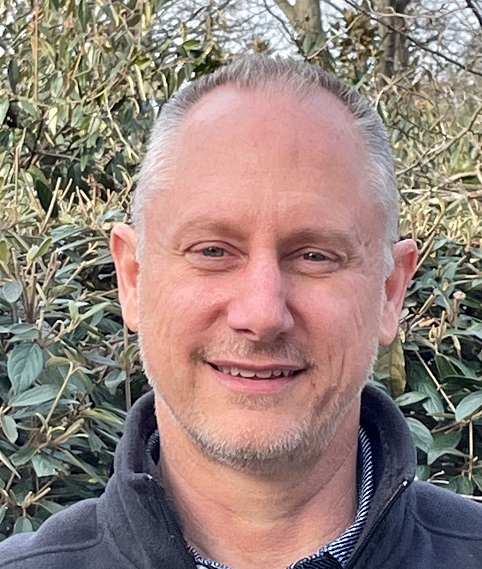
Darren Tyson, Ph.D.
- Research Associate Professor of Biochemistry
Phone
2220 Pierce Avenue , 715B
Nashville, TN 37232-6840
Darren Tyson, Ph.D.
- Research Associate Professor of Biochemistry
615-936-1975
darren.tyson@vanderbilt.edu
2220 Pierce Avenue , 715B
Nashville, TN 37232-6840
Research Program
Departments/Affiliations
Profile
My research has recently been focused on the development of high-throughput approaches and analytical tools to quantify cellular behavior at scale, especially in response to perturbations. Techniques to analyze the dynamics and heterogeneity of how individual cancer cells within a population respond to treatment had lagged behind the breathtaking advances in molecular and biochemical approaches. New methodologies have focused primarily on fixed samples to assess variation at the single-cell level and the dynamics of responses have typically been inferred. To address this deficiency, I have developed tools and techniques using fluorescence microscopy and time-lapse imaging to quantify the dynamics of cell behaviors at the single-cell level to better inform our understanding of population-level behavior. My goal is to better understand how the variability of cellular responses to targeted therapeutics—including dynamics of cell fate decision such as mitosis, apoptosis, or phenotypic transitions—contributes to treatment failure. My primary overall objectives are to determine the relationships between cellular responses determined by our method in vitro and responses of tumors in vivo and to identify the underlying molecular details relevant to the single-cell and population-level behaviors so that information obtainable from human patients can be used to predict treatment response more accurately.
Small cell lung cancer (SCLC) is a highly aggressive and deadly disease, and, with a 5-year survival rate of <10%, is classified as a recalcitrant tumor type. The typical strong response to treatment is followed by treatment refractory disease that often leads to death within a year. The treatment failure is thought to be due to the ability of individual cells within the tumors to survive treatment. However, studying this process in human patients directly is especially challenging for such a highly dynamic process and relatively small cell numbers of surviving cells. We and others have shown that melanoma cells, when treated with BRAF inhibitors can adapt and become drug-tolerant, allowing them to survive and eventually drive tumor recurrence, and others have shown that the drug-tolerant state in various cancers and treatments have several commonalities. In the current proposal we aim to characterize the potential drug-tolerant states of chemotherapy-treated SCLC and extend these findings to multiple microenvironments, including a brain metastasis-like niche using embryonic stem cell-derived cerebellar organoids. These studies will substantially depend on fluorescence microscopy imaging of live cells, digital image analysis to extract relevant information, and computational analysis of the resultant data—all aspects of prior work that I have pioneered.
Education
- Ph.D., Saint Louis University, St. Louis, MO (1998)
- M.S,. Saint Louis University, St. Louis, MO (1995)
- B.S., University of Illinois, Urbana-Champaign, IL (1990)
Post-Doctoral Training
- Postdoctoral, University of California, Irvine, CA (2003)



